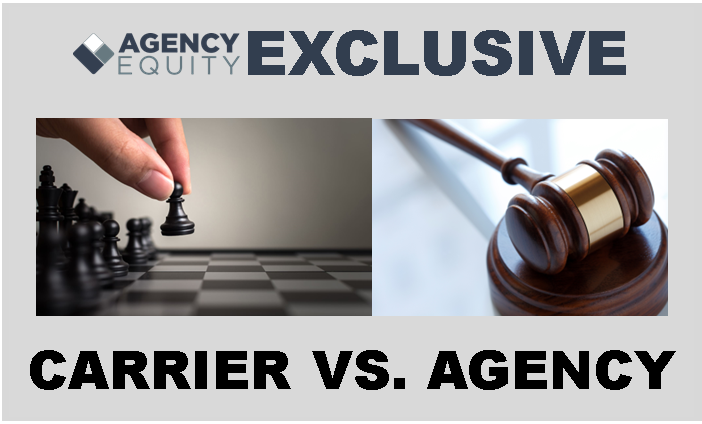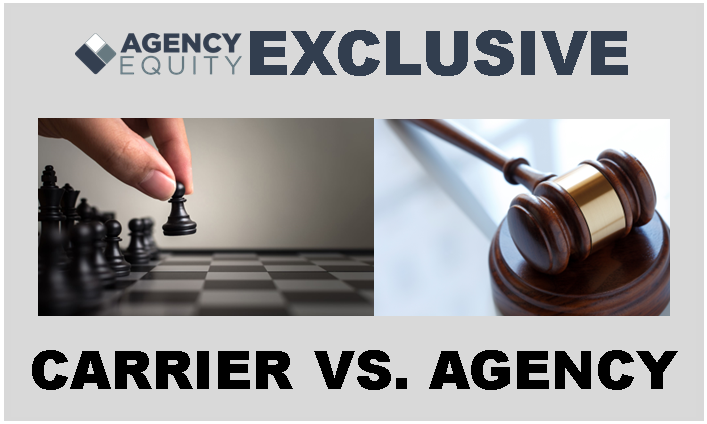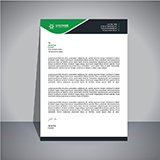
By: AgencyEquity.com
An insurer sued its agent for $1,000,000 over the late report of a commercial bodily injury liability loss.

The Georgia agency had written a businessowners policy (BOP) through the carrier effective October 31, 2017. The Business Liability Coverage section of the BOP contained typical “notice of loss” provisions:
● “‘You’ must see to it that ‘we’ are notified as soon as practicable of an occurrence’ or an offense which may result in a claim.”
● “If a claim is made or `suit’ is brought against any insured, you must . . . [n]otify us as soon as practicable.” The insured was required to send the carrier copies of any demands, notices, suits, etc. related to a claim or suit.
On June 30, 2018, an elderly man visiting a business the named insured owned tripped over “an object that was out of place on the floor.” The man suffered severe spinal injuries. In November, he and his wife sued the insured over his injuries. He was in such pain that, sometime after filing the suit, he visited his wife in the hospital and shot himself to death.
The insured did not report the accident or the ensuing lawsuit to the insurer. Rather, they contacted a producer within the insurance agency. The producer later testified that he told the insured to report it directly to the insurer. The insured said that the producer told them he would “take care of it.” Whichever version is true, the insured never responded to the lawsuit. A court entered a default judgment against the insured on February 4, 2019.
The producer reported the loss and the default judgment to the insurer almost ten months later. The insurer accepted a settlement demand for policy limits and paid out $1,000,000. They then sued the agency and producer for breach of the agency agreement by failing to timely report the loss. They also accused them of negligence, arguing that their late report cost them $1,000,000.
The insurer produced an expert who testified that, had they been notified promptly, they would have had defenses to reduce or completely eliminate liability. The agency and producer produced their own experts who testified that the full value of the loss was $5 million and the insurer would have had to pay the $1 million regardless of when they were notified. The injured man had an annual income of $900,000 and incurred $355,000 in medical bills; his wife had valid claims for support and loss of consortium; and he killed himself while visiting her. Therefore, they concluded, the couple had “an extremely high level of jury appeal, making policy limits a foregone conclusion, regardless of liability.”
Both sides asked the court for summary judgment, a ruling in favor of one party or the other based on the law because no key facts were in dispute. The court ruled in the agency’s and producer’s favor, and the insurer appealed.
In April 2024, the appellate court upheld the decision favoring the agency and producer. The judges said that the insurer failed to prove that the agency’s and producer’s actions caused their damages. “(The) evidence demonstrates, at most,” they wrote, “that (the agency and producer) might have caused (the insurer) damages.” That was not enough to award damages against them.
This case illustrates the importance of agency documentation. The opinion did not say anything about emails or agency management system notes confirming the discussion between the insured and the producer about the loss. An email from the producer to the insured confirming that the producer advised them to report the loss directly to the insurer might have stopped the whole process. It would have given the insurer grounds to deny coverage based on late notice.
Sound documentation practices are essential to reducing the risk of errors and omissions liability claims. Documents are essential whether the lawsuit comes from an insured or an insurer.
















